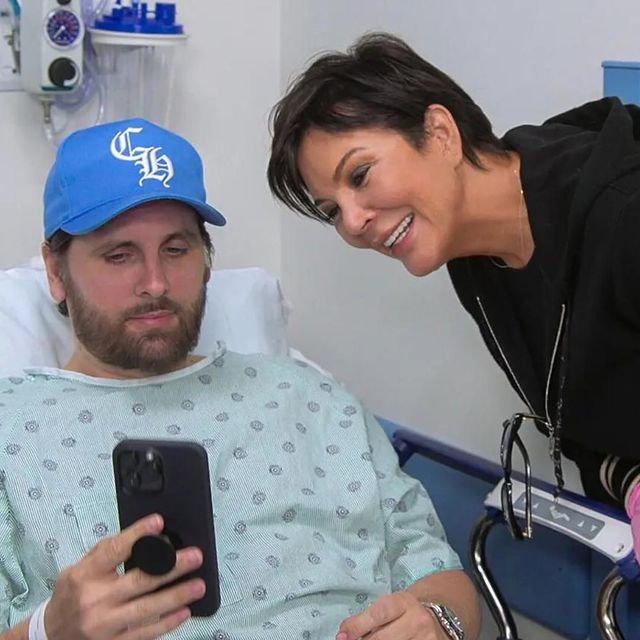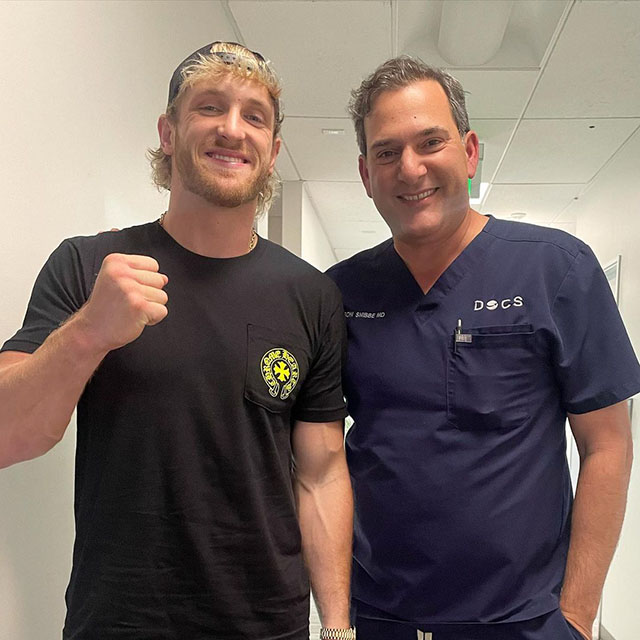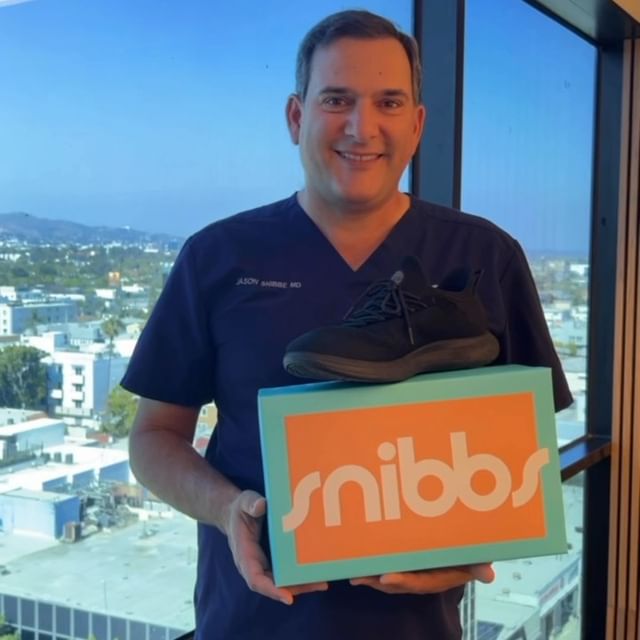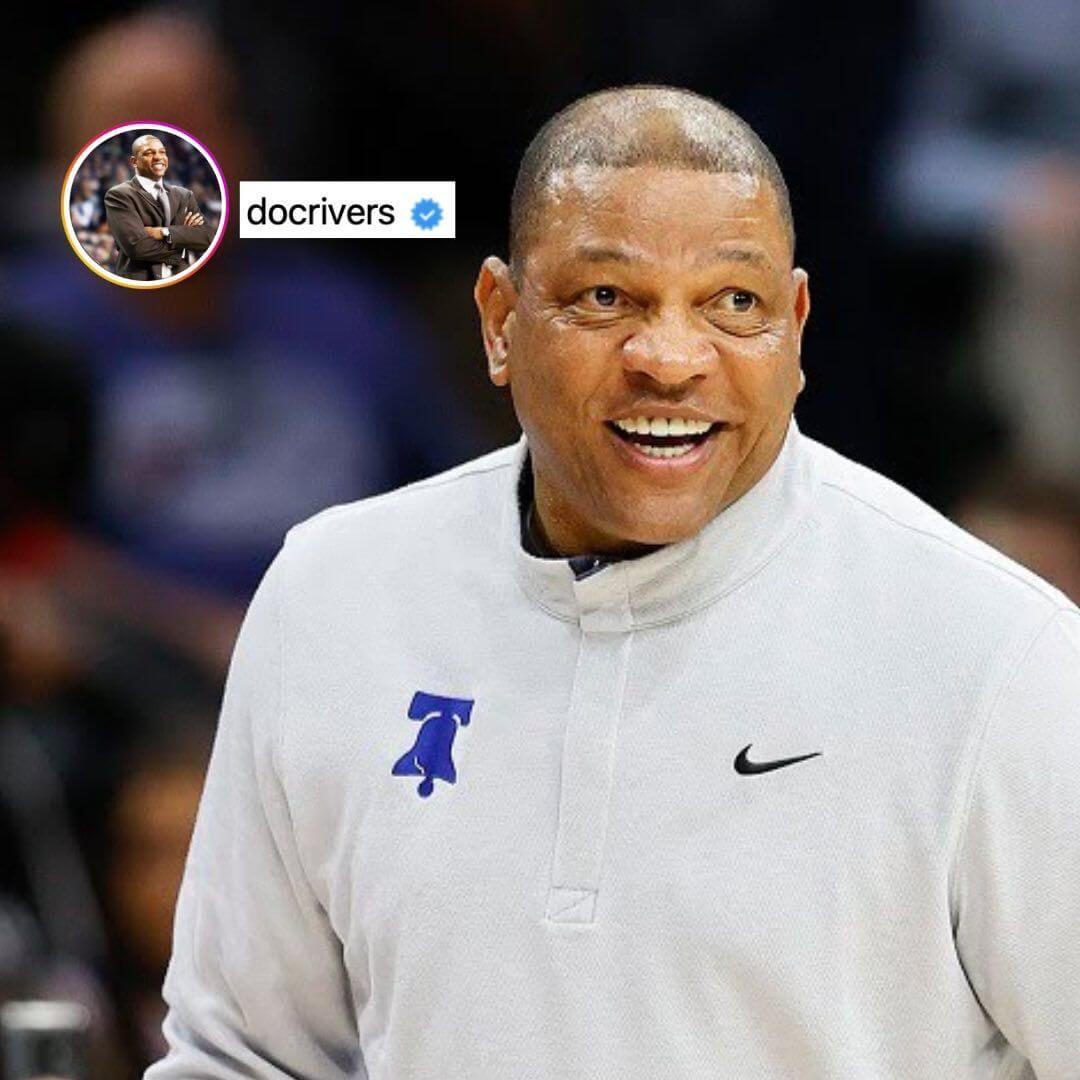Knee Meniscus Tears
in Los Angeles, CA
A torn meniscus can, unfortunately, occur from seemingly slight twists, turns, and sudden movements. While professional athletes are often in the news for such tears, these can happen to anyone at any time. Despite how common they are, torn meniscus injuries can be very painful and detract from mobility and function.
Snibbe Orthopedics in Los Angeles, California, offers comprehensive care and effective surgical procedures to alleviate pain and restore function for a torn meniscus.
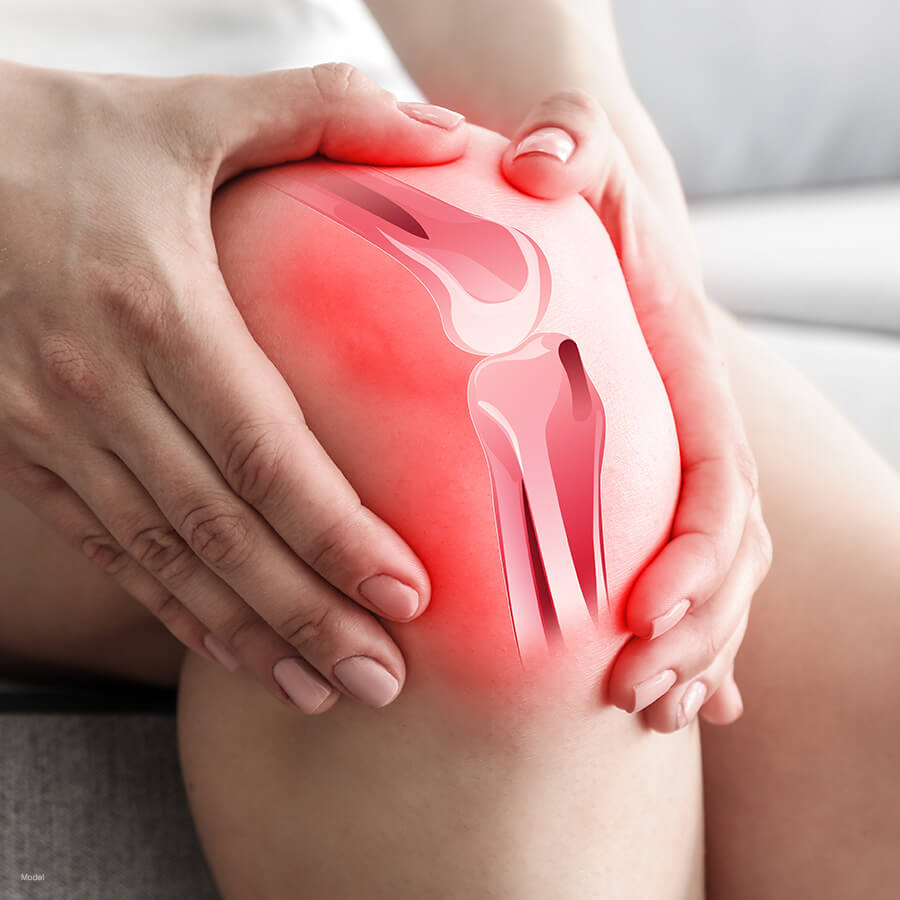
What Is a Knee Meniscus Tear?
Each knee has two C-shaped pieces of cartilage that act as cushions between the shin and thigh bones—the medial meniscus and the lateral meniscus. Any activity that causes the knee to twist or rotate can result in a torn meniscus. One of the most common knee injuries can still be painful, causing swelling and stiffness and impeding your range of motion.
Are You a Candidate for Knee Meniscus Tear Treatment?
A torn meniscus can be potentially debilitating. If you are experiencing the following issues, you may be a candidate for torn meniscus treatments.
Most patients with a torn meniscus will describe symptoms such as clicking or catching in the knee, with pain when squatting or performing twisting motions. Other symptoms include:
- Swelling
- Locking or buckling of the knee
- The knee giving way
- A lack of stability
- Difficulty straightening the knee
A consultation can determine the severity of your torn meniscus, as well as reveal if you need conservative or surgical treatment.
Arrange for a knee meniscus tear consultation in Los Angeles with Dr. Snibbe by calling (310) 860-3048 and learn more!
Benefits of Knee Meniscus Tear Treatment
The correct knee treatment can alleviate pain and restore functionality for patients.
How Is Knee Meniscus Tear Treatment Performed?
Dr. Snibbe will examine your injured knee during your consultation and listen to your concerns. Depending on the severity of your symptoms and how long you have had the injury, an MRI may be required to evaluate your meniscus tear. In many cases, conservative treatment is effective for a torn meniscus.
Conservative Treatment
Generally, conservative treatment of a torn meniscus is the desired route, as surgery is reserved for more severe cases. Such treatment may involve:
- Rest and ice for the affected knee
- Medications such as NSAIDs (Non-steroidal anti-inflammatories such as ibuprofen)
- Physical therapy to strengthen the thigh and hip muscles to better support the knee
If a patient still experiences pain and mechanical symptoms, arthroscopic surgery may be needed.
Typically, surgery is reserved for extreme cases. Dr. Snibbe will try not to perform meniscus surgery because the meniscus tissue typically requires the removal of the damaged tissue. This may create an environment that can accelerate osteoarthritis. That is why the initial attempts will be to treat meniscus tears with steroid injections and platelet-rich plasma injections.
Sometimes, platelet-rich plasma injections are combined with hyaluronic acid to improve the joint’s lubrication and allow areas of the meniscus to heal. This is a very effective non-surgical treatment for a torn meniscus.
If surgery is performed on a knee that has osteoarthritis and a meniscus tear, this weekend state can accelerate the osteoarthritis. In some cases, it can take a knee that is slightly symptomatic to a knee that requires a total knee arthroplasty within three to six months. Therefore, when a knee is arthritic, meniscus surgery is not performed.
Knee Meniscus Tear Surgery
In rare cases where conservative treatment is ineffectual, surgery may be recommended. Dr. Snibbe performs two types of surgeries for a torn meniscus:
Arthroscopic Meniscus Repair is a minimally invasive surgical technique that uses a fiberoptic camera, allowing Dr. Snibbe to visualize ligaments, cartilage, and soft tissue. Dr. Snibbe can remove or repair broken or damaged tissue through another small incision. However, this is not a standard procedure, as many meniscus tears are not repairable. Dr. Snibbe is prepared to repair any meniscus that is able to be repaired, yet only about 5% can be, due to the extent of the tear and the location.
Arthroscopic Meniscectomy is performed when the meniscus tear is not repairable. Candidates for arthroscopic meniscectomy have already undergone conservative treatments (OTC medication and physical therapy) without resolution of symptoms. It is very rare to remove the entire meniscus, as this may predispose patients to early cartilage wear. Instead, Dr. Snibbe may remove only the damaged portion of the meniscus (partial meniscectomy).
Recovery from Knee Meniscus Tear Surgery
Immediate Postoperative Recovery
Arthroscopic surgery allows for smaller incisions, shorter operation time, and less trauma to the surgical site. Therefore, recovery from arthroscopic knee surgery is relatively quick, and most patients can return to normal activity within a few weeks, depending on the size of the tear and the repair or amount of removal involved.
Physical Therapy
Physical therapy is often required following either arthroscopic meniscectomy or arthroscopic meniscus repair. Patients will engage in exercises and stretches aimed at restoring knee function, flexibility, and strength through at-home or in-office physical therapy sessions.
What Results Can I Expect After Knee Meniscus Tear Treatment?
After surgical or conservative treatment of a knee meniscus tear, knee pain will be significantly reduced, and normal function will be restored.
How Much Does Knee Meniscus Tear Treatment Cost?
The cost of treating knee meniscus tears depends on the extent of the injury and the specific treatment plan. Dr. Snibbe can provide an accurate cost estimate during your consultation.
Your Los Angeles Knee Meniscus Tear Specialist
Dr. Snibbe accepts new patients and welcomes knee meniscus tear patients from the Los Angeles, Hollywood, and San Fernando Valley areas. He also invites patients nationwide who are traveling for expert orthopedic care.
Call (310) 860-3048 today and schedule your orthopedic consultation in Los Angeles, California.
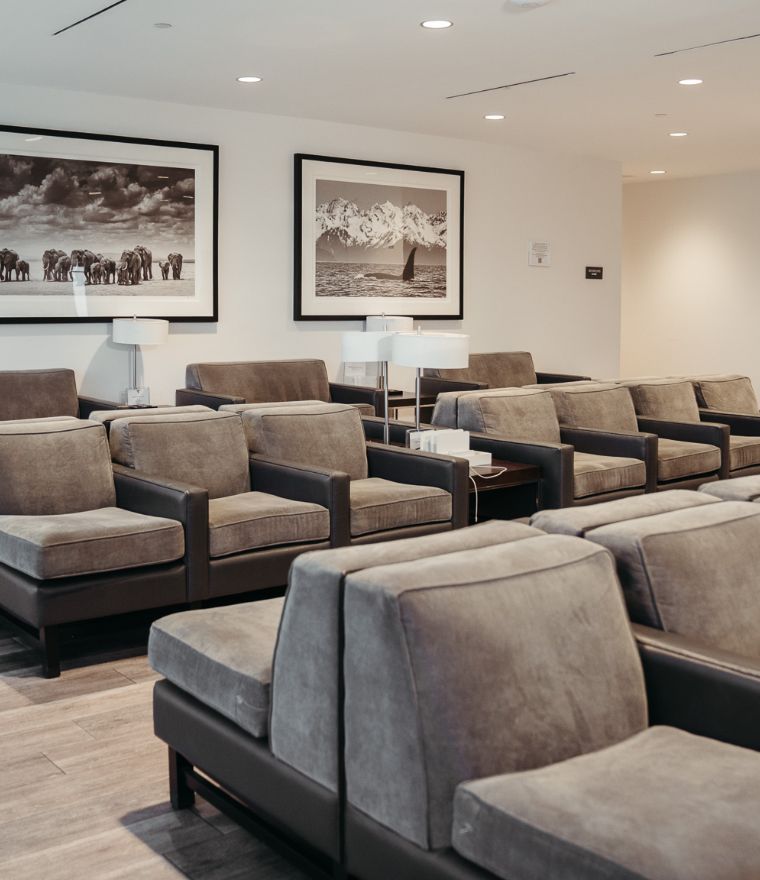
If you have knee pain or reduced function, please call us at (310) 860-3048 to schedule your consultation with Dr. Snibbe.

